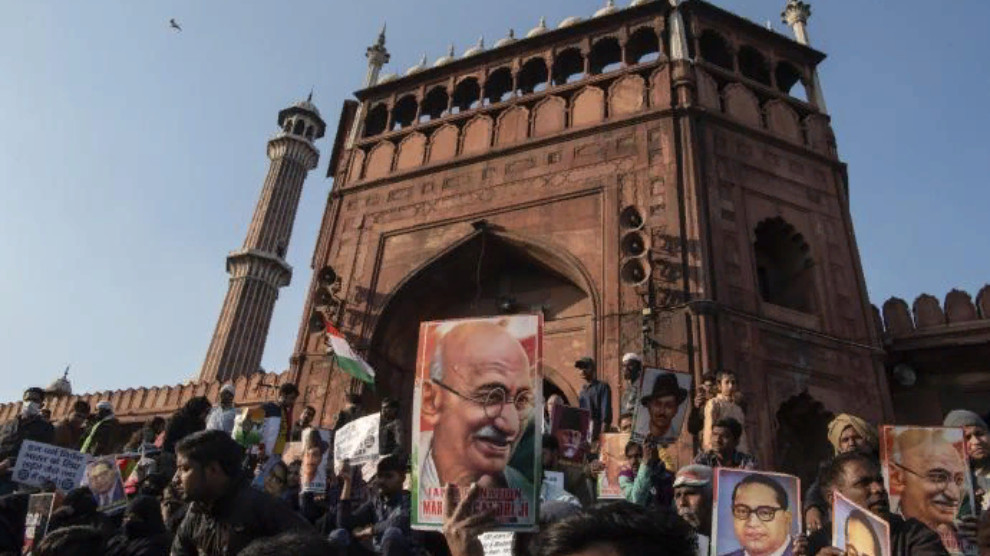An Analysis Of Democracy

An Analysis Of Democracy
Vote based system as a term and an idea has for quite some time been an object of discussion in the public arena, not least among thinkers, specialists and public debaters. The term starts in the Greek word 'demokratia' that essentially converts into rule by individuals, however to characterize what that truly depends on is more confounded. Consequently, there isn't just one comprehension of the word or one comprehension of who will be remembered for the term 'individuals' or what 'the standard' involves.

Overall vote based system is a type of government where individuals are administered by their own chosen agents. It's anything but an administration of individuals, for individuals and by individuals. In this arrangement of government, it is individuals who are preeminent and sovereign. They control the public authority. They are allowed to choose an administration willingly. Opportunity of decision is the center of vote based system.
Popular government along these lines, in Schumpeter's view, is essentially a path for individuals to choose or dismiss the rulers, not a framework where individuals overall affect the choices made. Majority papers on democracy in this sense turns into a regulated force contest between elites (Grugel 2002). India is a government state with parliamentary arrangement of vote based system. General political decision in India was held for the first time in 1952, from the time being India had a stable political situation with 1975 to 1977 as a special case when a public crisis being announced as the ascent of different gatherings other than congress was seen.
The significant part of common society inside a vote based state is portrayed by Hadenius and Uggla. They contend that common society has two principle capacities in fair states: to foster pluralism in the public eye and teach individuals in the methods of vote based system. Pluralism in the public arena, where individuals are locked in together, make and embrace power bases, as individuals cooperating have a superior chance to impact. This can influence the political talk in the country. A pluralistic common society will likewise forestall undemocratic conduct like persecution and separation through its inclination of correspondence between various gatherings of people (Hadenius and Uggla 1995).
In the genuine feeling of vote based system each vote is an outright force given to electors and he/she can practice it to be profited by sending the ideal individuals to the parliament who thusly will make a few group agreeable enactments to assist citizens with driving better life and better freedoms. The genuine force of vote in an optimal vote based system will be seen just when individuals decide in favor of the correct individual or gather relying on their decisions just and ought to just be founded on the conviction that whoever he/she is casting a ballot will profit them in the long haul.
Anyway with expanding instances of high profile debasement and abuse of forces in the Indian government states by its officials, there appears to be the ascent of clear inquiry that assuming individuals are casting a ballot right individuals to control, why these cases are arising? Or then again individuals not deciding in favor of the perfect individual? Or on the other hand there is an absence of an ability pool in the framework which isn't permitting individuals to decide in favor of the right applicant?

The possibility of arrangement of the elector to ethnic gathering is likewise a factor which exists in India as recommended by the achievement of ethnic gatherings as of late. Restricted data about lawmaker quality gives a reasoning to this; Ethnic organizations give casual protection and empower data streams (Habyarimana et al. 2007; Miguel and Gugerty 2005). Moreover, a government official's ethnic character is frequently a decent indicator of redistributive inclinations (Pande 2004; Besley et al. 2007).
All else being equivalent, the two reasons will make citizens favor legislators having a place with their own nationality and this will give the gathering that addresses the greater part ethnic gathering with a discretionary benefit. This may, thus, decrease decisions to a simple 'tallying of heads' and reduce the job of races as a wellspring of responsibility (Horowitz 1985). Steady with this theory (Norris and Mattes 2003; Posner et al. 2010) report a critical discretionary benefit for the gathering addressing the ethnic greater part in Sub Saharan Africa.



